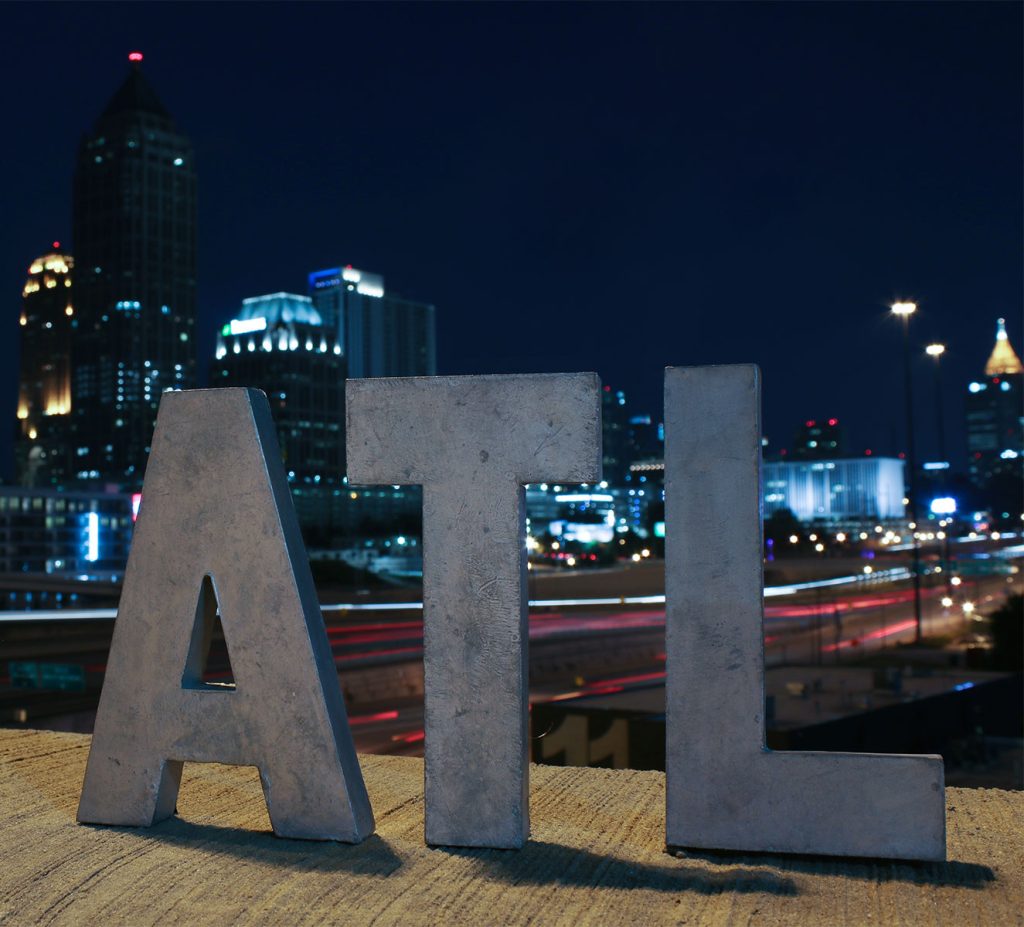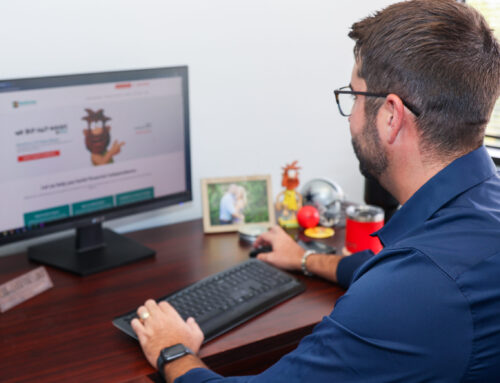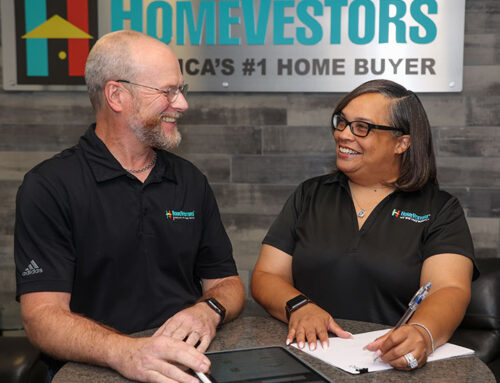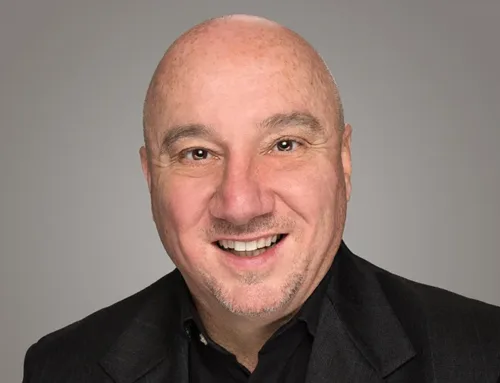
Not long after moving out of state to try her hand at the restaurant business near Washington D.C., Jula found herself closing up shop and heading back home to Georgia. Coming back to Atlanta to start a real estate investing company from scratch, however, was intimidating—especially since Jula didn’t feel as familiar with the local market as she once did. Of course, that was to be expected.
The city had changed dramatically over the years and continues to evolve today. Luckily, she had an old college friend to help her out who also happened to be a successful investor: me. And, I happened to know exactly which up and coming neighborhoods in Atlanta she could easily begin her new adventure as an investor in.
Which Up and Coming Neighborhoods in Atlanta Hold the Most Potential?
If you’re on the fence about whether you should buy investment property or not in the metro Atlanta area, allow me to sway you. There are good reasons why this city has gotten great press about its real estate market in the last year or so. First and foremost, it’s still a seller’s market. So, though other big cities are feeling the pinch of flattening prices and sales, many Atlanta-area sellers aren’t feeling a thing—except, maybe, a little extra padding in their pockets.
In fact, earlier this year, ATTOM Data Solutions named Atlanta as one of the top cities where home seller profits reached a 12-year high. It also noted that, at 10.1%, Atlanta had the nation’s fourth-largest increase in home sales prices from the year before. So, if you were already investing in single-family homes to renovate and sell, like me, you probably did alright for yourself—especially if you were able to buy low and keep your rehabs under budget.
Though the verdict is still out on how next year will ultimately shape up, it is certainly looking good so far. With local median home sales prices not only growing but surpassing the national average, demand for homeownership in Atlanta appears to be gaining strength, too. With a higher rate of employment and lower cost of living than other major metropolitan areas like Los Angeles, New York, and Chicago, it’s really no surprise. Homeowners want their money to stretch further. As an investor, it’s your job to give them what they want and make a few bucks doing it.
You’ll typically get more bang for your buck, if you focus your investing dollars on transitioning neighborhoods where market numbers may just be on the verge of making news. These communities will often have more than their fair share of distressed real estate for you to buy and motivated homeowners who are willing to sell, too. And, because these areas are also on the upswing, there are usually a fair amount of home buyers clamoring to get in. So, if you’re ready to start investing in Atlanta real estate, here’s where you should start:
Cabbagetown
If you take a look at median home list and sales prices alone over the last few years for this historic Atlanta neighborhood, you might feel like you’ve suffered whiplash. They’re all over the place. That shouldn’t deter you from investing in this eastside community, however. In fact, it should steel your resolve. No matter what happens here—periods of economic decline, 5-alarm fires, tornadoes—the people of Cabbagetown band together, rebuild, and emerge stronger than before. As long as you buy below market value, the potential returns you’ll see on your investment properties will weather seasonal market shifts, too.
One of the oldest industrial settlements here in the heartland, Cabbagetown was known as little more than a rundown urban neighborhood with a small-town feel until about the mid-1990s. That’s when government revitalization programs funded by both the City of Atlanta and the federal government stepped in to step up the area’s renewal. As efforts at gentrification gained a toe-hold and artists began taking residence alongside blue and white-collar workers, Cabbagetown started making everyone’s hip list. That demand, overall, hasn’t waned. And, that’s helped to keep home sales, overall, trending up.
That’s not to say that there aren’t still deals to be found here. Not everyone has the ability or the funds to revamp their lives and, by extension, their homes. A quick drive around will uncover many houses in need of serious repair. Likely owned by the city’s population of older residents struggling to afford the growing cost of living in town on a fixed income, they may be looking for the best solution to their less-than-ideal situation. Buying, renovating, and selling one or more of these houses can help them out while helping you into a popular Atlanta neighborhood.
Adair Park
Less expensive than Cabbagetown, but no less community-driven, the southwest neighborhood of Adair Park is the epitome of up and coming. Defined for decades by racial tensions that led to social upheaval and eventual economic disparity, Adair Park stands out as a neighborhood that, when times get tough, knows how to go with the flow. And, it’s this open-armed welcoming of change that, in part, lends Adair Park its charm. For those of us who buy and sell homes for profit here, it’s also paid off in spades.
In addition to the old bungalows and Craftsman-style homes, you’ll now find warehouses converted into mixed-use spaces, loft-style apartments, and art galleries—all of which have helped to draw in eager home buyers. The latest, and one of the biggest, projects coming down the pipe is the transformation of the long-abandoned George W. Adair School into The Academy—an art-centered live/work space meant to be inspiring and affordable. It’s reformation projects like these that are attracting more Millennials, in particular, to the area than ever before. And, for the old-timers, that’s just fine. Change can be hard; but, in the end, they know from experience that change is good.
Though median days on the market are currently up in this part of town, and median home sales prices are down, keep in mind that some parts of the ATL experience season housing market shifts more intensely than others. And, with many of Adair Park’s revitalization projects still in their infancy, the neighborhood isn’t yet on every investor’s radar. For you, that’s a good thing. There are few real estate investment opportunities more rewarding than playing a direct part in a neighborhood’s ongoing transition, except, perhaps, making a potentially great living while doing it.
Chamblee
North and slightly east of downtown Atlanta, Chamblee is one of the first suburbs just outside of the Perimeter as well as one of the most economically stable. Considered in years past as a somewhat sleepy urban community from which you could marvel at the Atlanta skyline while avoiding all of that downtown traffic, Chamblee is changing minds by shifting gears. No longer just a family-friendly neighborhood for Baby Boomers, Generation Xers—and their kids—have started to think it’s pretty cool, too.
Of course, Chamblee is no stranger to change. Once the site of dairy farms, military bases, then automotive and manufacturing plants, the time seems ripe—again—for a new look. This look includes the addition of several mixed-use spaces, seasonal food-inspired restaurants and bars, and the forthcoming multi-use trail known as the Peachtree Creek Greenway. These have not only boosted appeal for the area, but it has also helped home sales boom. In fact, median home sales prices for the area are trending upward year-over-year by almost 33%.
With selling prices really taking off, it might appear that the time for getting onboard the Chamblee train has passed you by—especially since the area hasn’t suffered from some of the same past economic hardships that other up-and-comers have. But, smaller, older, ugly houses in need of a good rehab remain. And, if you can find off-market real estate deals that fit these criteria, you’ll have no trouble finding buyers who don’t just want to live in a revitalized neighborhood, but a refined—and hip—one.
While these particular up and coming Atlanta neighborhoods currently hold some of the best investment potential, that is bound to change as time goes on. In fact, before you know it, these communities will be considered old news and others will be newly transitioning—again. That is simply how things roll here in the ATL. We are an ever-changing, constantly-evolving city.
To successfully keep up as an investor, you’ve got to have a lead-generation strategy that keeps pace with the local market as it changes around you. So, no matter what neighborhood is hip today or hot tomorrow, you can find real estate deals that provide potentially great returns anywhere—and at any time.
And, the best way to do that is to focus on getting qualified home seller leads from all over Atlanta to contact you. I know how to do that, too.
Where to Get More Qualified Leads and Build Your Investing Potential
Back when I started my own adventures in real estate investing, Atlanta’s up and coming neighborhoods looked very different from the city’s hotspots of today. Unfortunately, just because I knew where to focus my investing dollars didn’t mean I got the opportunities to do so. In fact, in the beginning, I barely eked out a living because I rarely got leads that converted to sales.
It wasn’t until I became an independently owned and operated HomeVestors® franchisee that I was able to get my hands on qualified leads and, finally, start making ends meet. Having access to the same proprietary marketing tools and resources that all franchisees have access to made all the difference. HomeVestors® nationally-known and trusted “We Buy Ugly Houses®” ad campaign, for example, reaches distressed homeowners in every Atlanta neighborhood through billboards, radio, and TV. Then, those homeowners reach out to local franchisees, like me.
It’s not only the best way I know to get better leads, but it is also the best way to have a real chance at building a professional real estate investment business—whether it’s your first career, like me, or your second, like Jula.
Get more qualified leads from every Atlanta neighborhood and start building your investing potential. Request more information about becoming an Atlanta-based HomeVestors® franchisee today.
Each franchise office is independently owned and operated.
Contact
"*" indicates required fields





